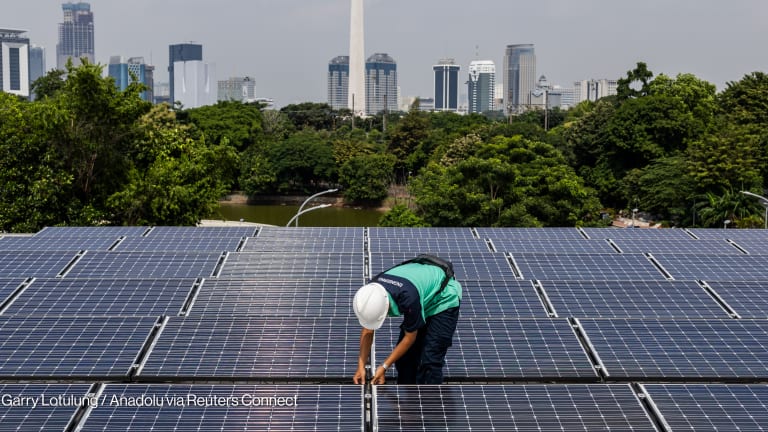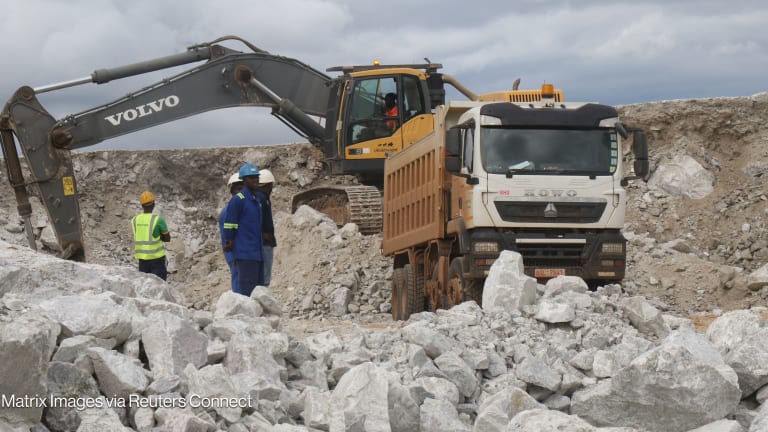In Lusaka, Zambia, power cuts can last eight hours a day. In Kinshasa, Democratic Republic of Congo, factories sit idle for want of reliable electricity. Yet across Africa, trucks line up to haul cobalt, manganese, and uranium: minerals essential for the world’s clean energy transition.
This is the paradox of Africa’s energy future. The continent is rich in the resources the world needs to decarbonize, but it lacks the financing tools to decarbonize its own growth. The fastest-growing economies on Earth are being told they must rely on intermittent renewables or fossil fuels, because the most reliable low-carbon energy source — nuclear power — remains excluded from carbon markets.
As negotiators gather at COP30, the flagship U.N. Climate Change Conference in Belém, Brazil, this blind spot in carbon finance deserves urgent attention. Under business as usual, Africa risks remaining a supplier of raw materials to fuel a global energy transition it doesn’t participate in.








